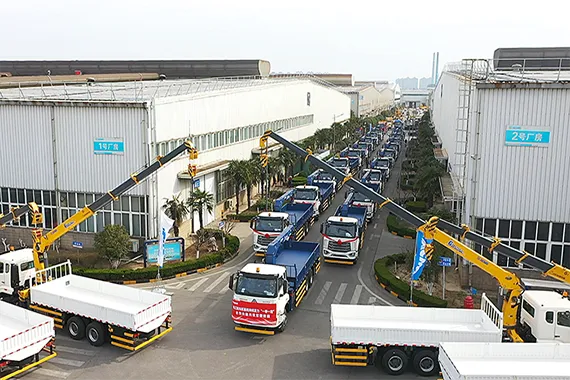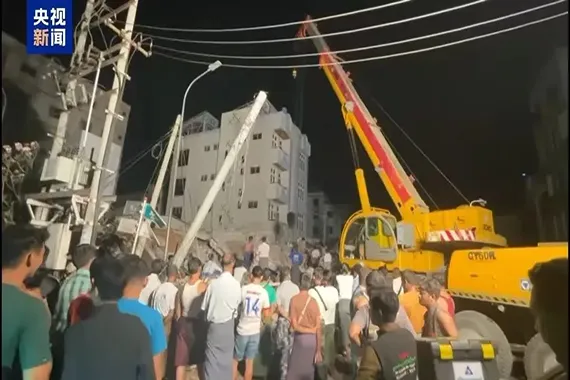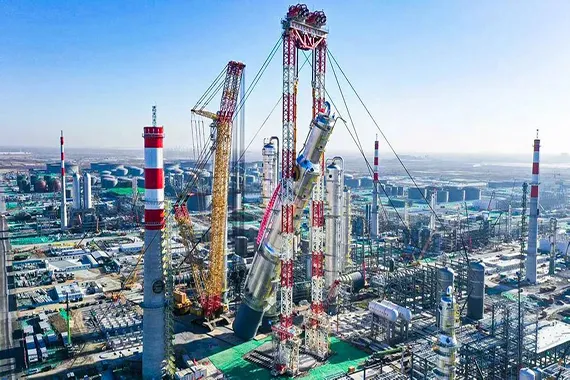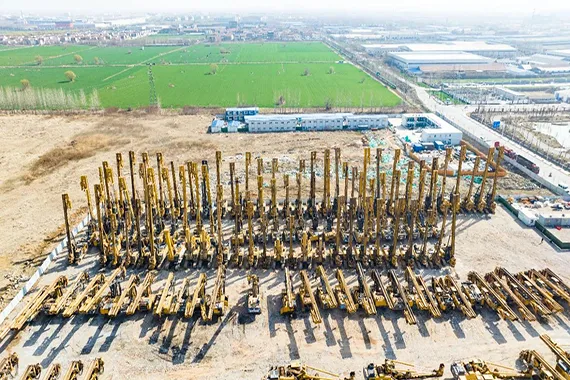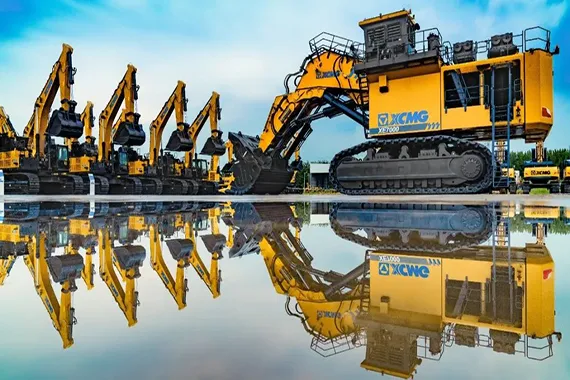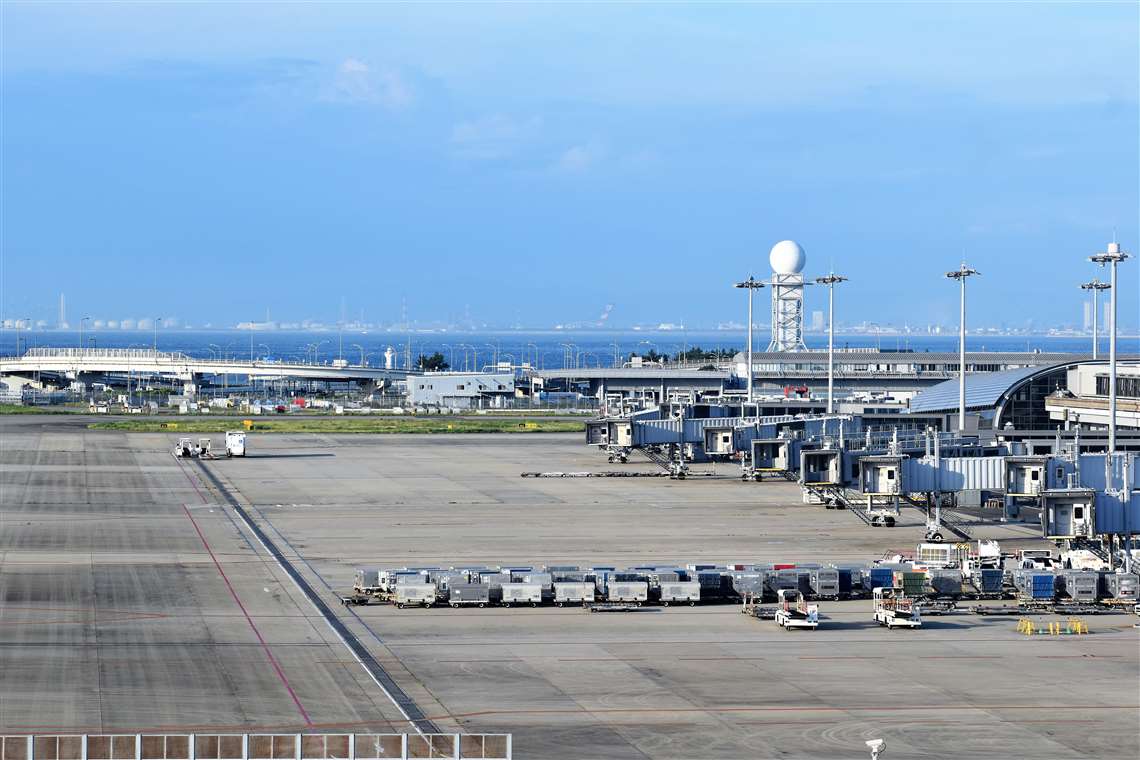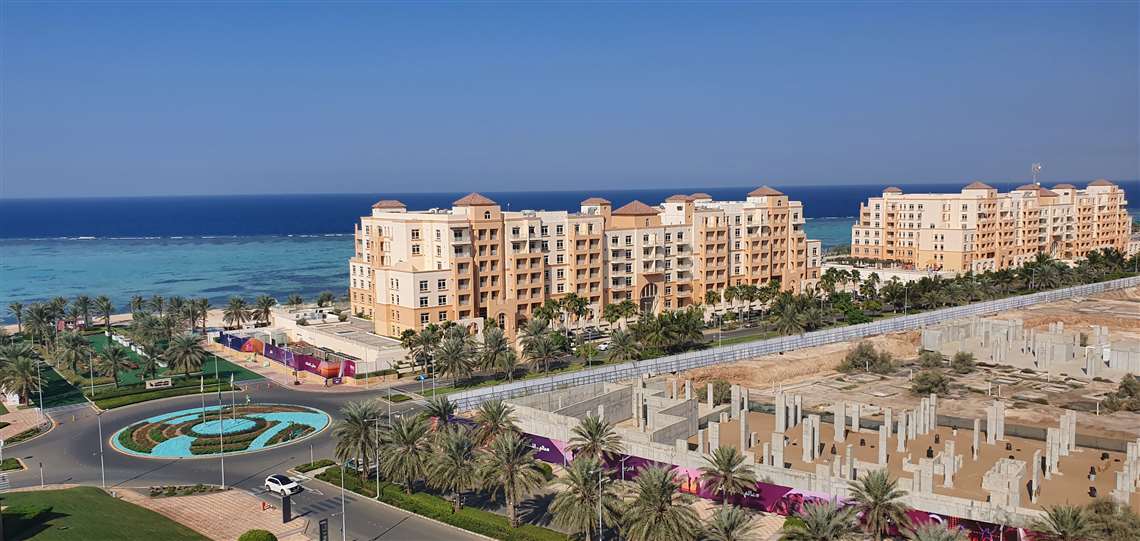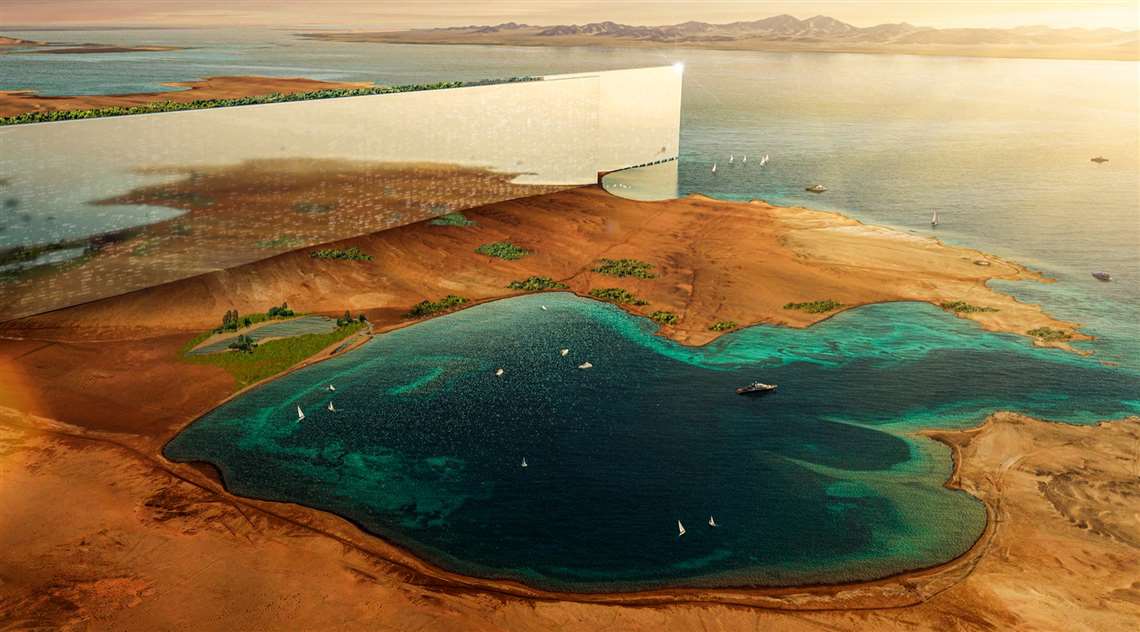7 of the World’s Most Expensive Construction Projects
By Lewis Tyler
Advances in technological demands, the
price of raw material and labour and more extravagant methods of construction
have all played a part in driving the cost of projects up in recent years.
In
fact, according to a study carried out by the Building Cost Information
Service, in 2022 annual growth in its material cost index reached a 40 year
high.
This,
coupled with increasingly stringent governmental regulations and a drive to
reduce emissions, means spending on projects often enters into the tens of
billions and beyond.
Here
are seven expensive construction projects from around the world – this is not
intended to be a list of the top seven most expensive projects in the world,
but a selection of interesting projects from around the world with a high
price-tag.
7. Kansai International Airport, Japan –
US$20 billion
Kansai Airport in Osaka, Japan, sits on an
artificial island that was built to relieve the number of passengers using the
nearby Osaka Airport,
Situated
just 5km away from Honshu, Japan’s largest island, the Airport opened in 1994
at an estimated cost of £14 billion (US$16 billion).
However,
the addition of terminals buildings and land remediation work over the years
means the total cost equates to US$20 billion.
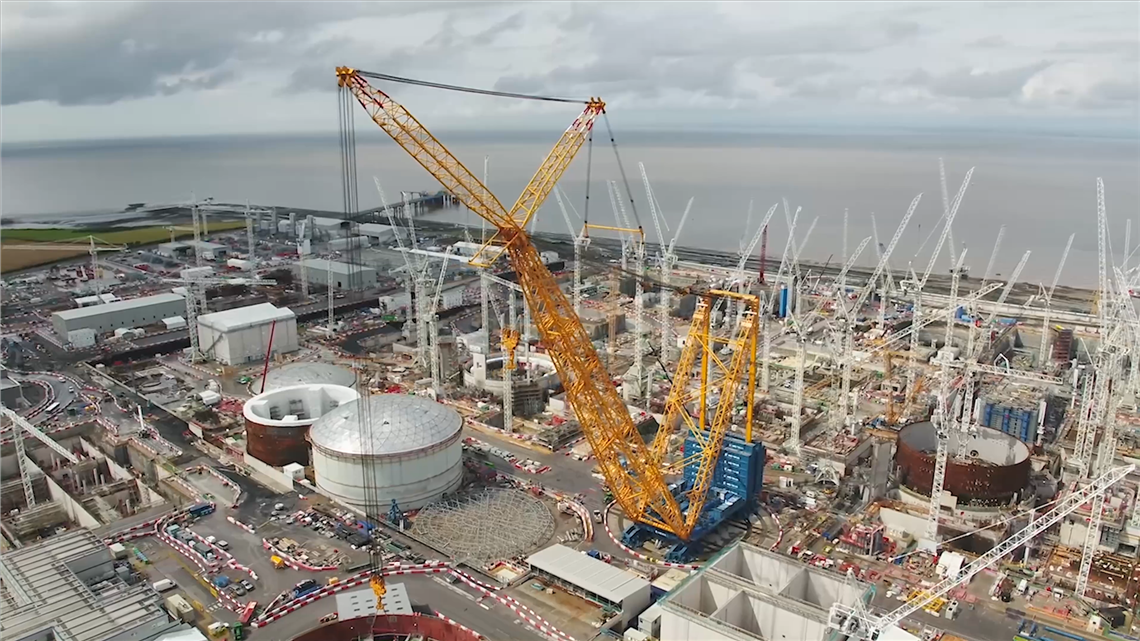
6. Hinkley Point C, UK - US$31 billion
The controversial Hinkley Point C project
in the UK could cost up to £26 billion (US$31 billion), according to some reports.
The
initial valuation has increased in recent years, mainly due to delays to the
project. Works have been ongoing since 2016, with EDF claiming at the time that
the plant would be fully operational by 2026. However, in its most recent
update the French energy giant said the plant would be completed by 2027.
5. Kashagan Field, Khazakstan - US$50
billion
Sitting just off the coast of Khazakstan,
Kashagan Field was found to have up to 12 billion barrels of oil when it was
discovered in 2000.
Owned
by a consortium of organizations, including Shell, TotalEnergies and Inpex, the
field contains a number of artificial islands, the biggest of which is known as
D Island.
Its
cost of US$50 billion means it is the most expensive oil field in the world. In
its short time in operation, the site has been hit by several setbacks,
including a gas leak in 2022.
4. Dubailand, Dubai - US$64 billion
Described as the Middle East’s answer to
Walt Disney World, Dubailand was first announced in 2003 and, once finished,
will cost up to US$64 billion according to various reports.
The project will see a theme park,
sports facilities, retail and entertainment complexes as well as a number of
other attractions built on site.
Although the project is yet to be
finished, it’s expected to be the most expensive entertainment complex in the
world.
3. King Abdullah Economic City, Saudi
Arabia - US$100 billion
At an estimated cost of US$100 billion,
King Abdullah Economic City in Saudi Arabia was first announced by King
Abdullah bin Abdulaziz Al Saud in 2005.
Since
then, much progress has been made on the city, with residential areas,
businesses and transport infrastructure all completed.
The
construction phase is expected to finish by 2025, when the city will have the
capacity to house up to two million residents.
2. California High-Speed Rail, US – US$113
billion
Costs
for the California High-Speed Rail, which will link between San Francisco and
Los Angeles, has risen steadily since it was first approved in 2008.
The
current estimate for the cost of construction of phase one stands at between
US$76 billion to US$113 billion, according to California High-Speed Rail
Authority.
The
project is expected to finish by the end of the decade.
1.
Neom, Saudi Arabia - US$500 billion
The ambitious Neom project in Saudi Arabia is
reportedly worth US$500 billion, which will be at least partly funded by the
Public Investment Fund.
Split
into 16 boroughs, Neom will incorporate business districts, residential areas,
leisure complexes and its linear city, The Line, a 100-mile mirrored structure
measuring just 200m wide.
Once
finished, it’s expected that up to nine million people will live in Neom city,
which will be powered by green energy, making it carbon neutral.
Neom
city will also have a high-speed rail network which developers say will allow
residents to travel from one end of the city to another in just 20 minutes.
